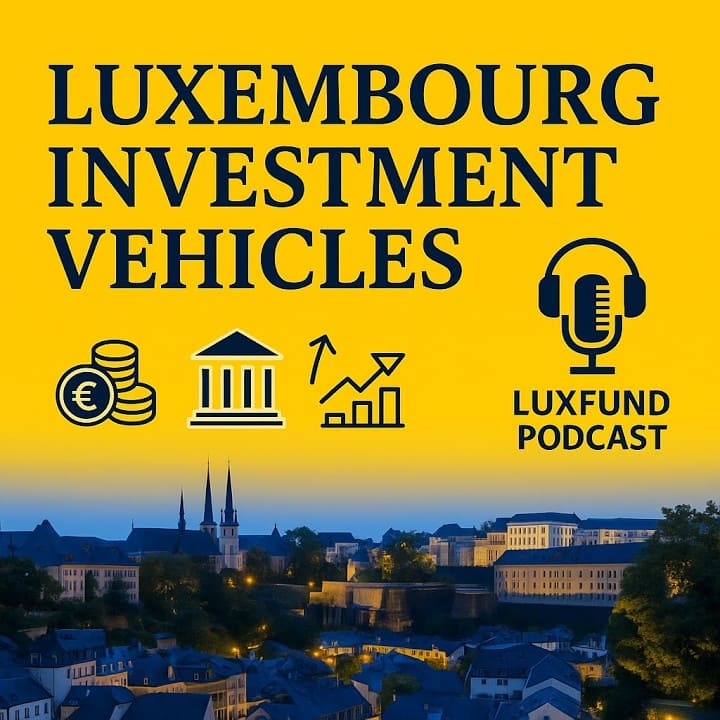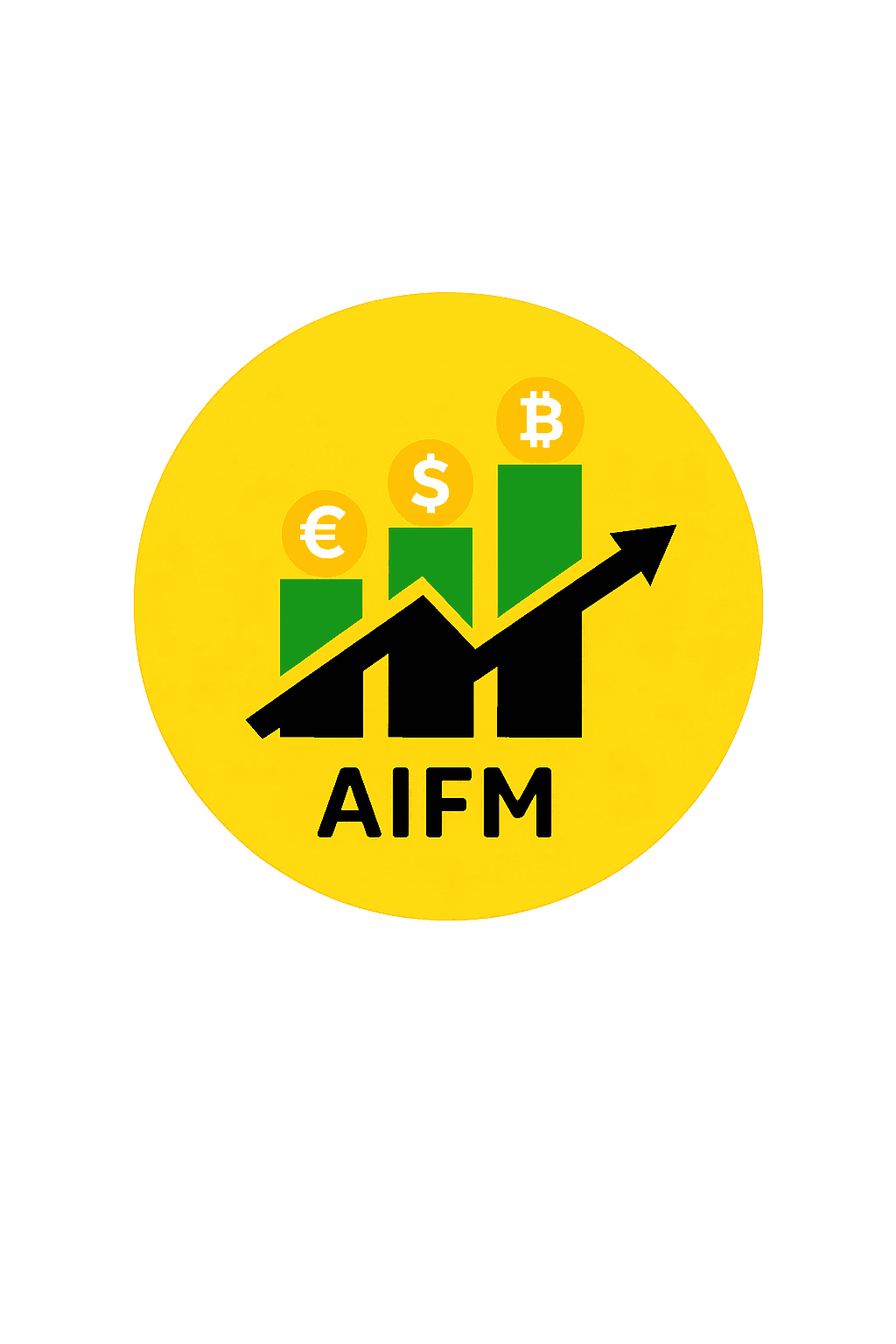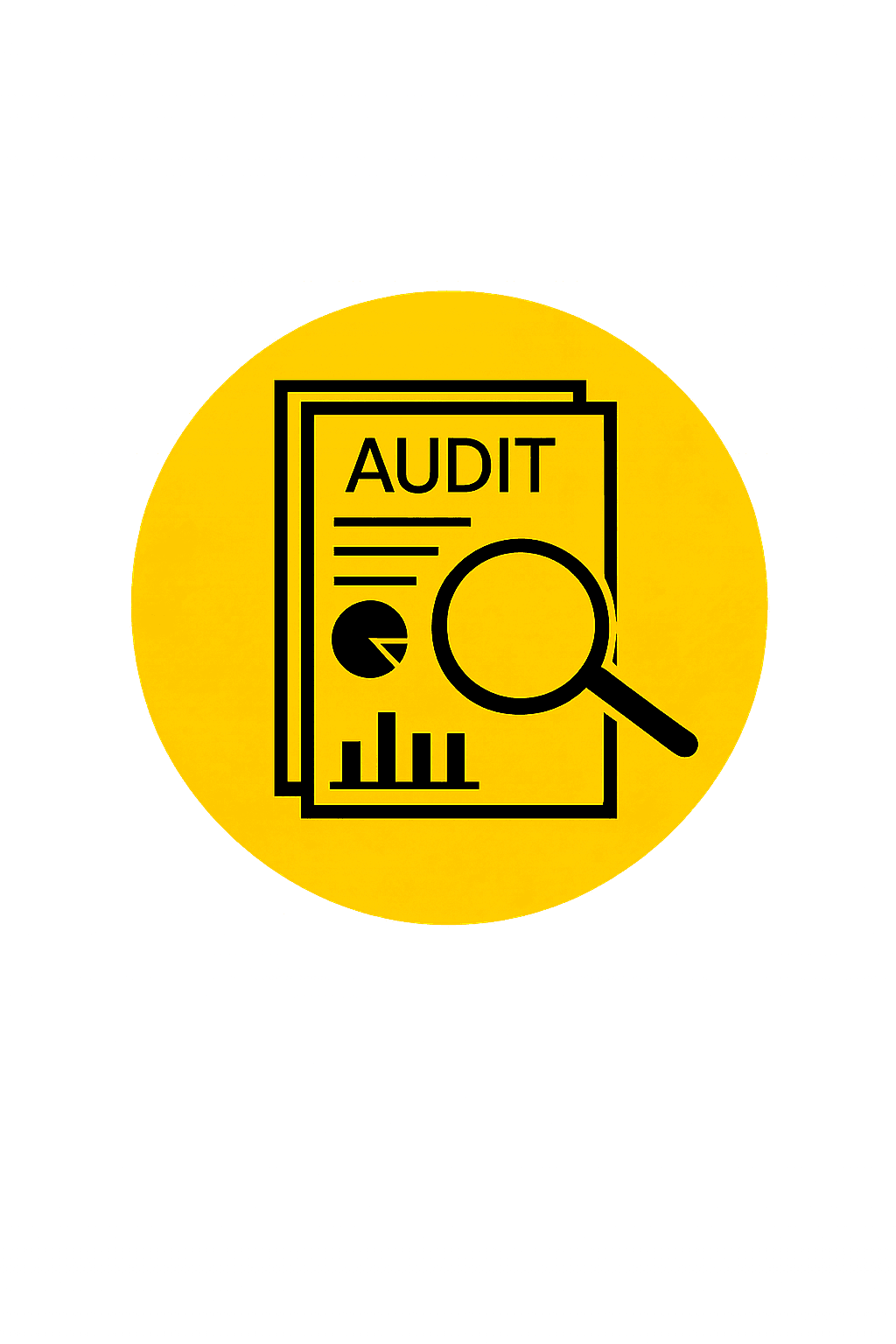Luxembourg has emerged as a prominent destination for companies and investment funds seeking stability, favorable regulatory frameworks, and strategic advantages. Facilitating this journey is Damalion, an online platform providing comprehensive guides tailored to streamline the setup of Luxembourg companies and investment funds. With a commitment to simplifying complex procedures, Damalion’s digital resources serve as invaluable tools for entrepreneurs, investors, and professionals navigating the Luxembourgian market.
At the heart of Damalion’s offerings are its meticulously crafted online guides, each designed to demystify the intricacies of establishing and operating various entities within Luxembourg’s business ecosystem. From registering a company to navigating the nuances of investment funds, Damalion’s resources serve as beacons of clarity in a sea of regulatory complexity.
Guide to register your company in Luxembourg
One of Damalion’s flagship guides is the “Guide to Register Your Company in Luxembourg” a comprehensive roadmap for entrepreneurs venturing into the Luxembourgian market. This guide breaks down the registration process into manageable steps, providing clarity on legal requirements, documentation, and timelines. By offering a step-by-step approach, Damalion empowers individuals to navigate the bureaucratic maze with confidence, ensuring a smoother path towards company formation.
Step-by-Step Guide on How to Start a Business in Luxembourg
Furthermore, Damalion’s “Step-by-Step Guide on How to Start a Business in Luxembourg” goes beyond registration, delving into essential aspects such as taxation, employment regulations, and business planning. By addressing key considerations comprehensively, this guide equips entrepreneurs with the knowledge needed to make informed decisions and lay a solid foundation for their ventures.
In addition to company formation, Damalion caters to the needs of investors with guides tailored to Luxembourg’s investment landscape.
Guide on Luxembourg Reserved Alternative Investment Fund and the Guide about Luxembourg Securitization
The “Guide of Luxembourg Reserved Alternative Investment Fund” and the “Guide about Luxembourg Securitization” provide invaluable insights into specialized investment vehicles, elucidating the regulatory frameworks, advantages, and operational considerations associated with each. For investors seeking to diversify their portfolios or explore alternative asset classes, these guides serve as indispensable resources, offering clarity and guidance amidst intricate regulatory landscapes.
Guide on SOPARFI Luxembourg Financial Holding Company
Moreover, Damalion’s “Guide SOPARFI Luxembourg Financial Holding Company” caters to entities looking to establish financial holding structures in Luxembourg. By elucidating the nuances of SOPARFI (Société de Participations Financières), Damalion empowers financial institutions, multinational corporations, and investment firms to leverage Luxembourg’s favorable tax regime and regulatory environment for strategic financial management and optimization.
Damalion’s online guides support entrepreneurs, investors, and professionals venturing into Luxembourg’s business and financial landscape. By demystifying complex procedures, offering invaluable insights, and fostering accessibility, Damalion facilitates the setup of Luxembourg companies and investment funds, empowering individuals and organizations to unlock opportunities and thrive in a dynamic global marketplace.
Clients may get more information about the Luxembourg special limited partnership (Slp) as well.
Start your Luxembourg success, contact your Damalion expert now.
Luxembourg company setup and investment fund launch — clear steps, documents, roles, timelines, costs, and how Damalion helps you prepare and coordinate.
For entrepreneurs, investors, family offices, holding companies, SPVs, and fund sponsors • Damalion helps you scope, prepare files, and coordinate with service providers. Acceptance, approvals, and timing remain with authorities and institutions.
Last updated:What makes Luxembourg setup and launch faster?
Choose the correct vehicle and keep documents complete and consistent. Explain the business or fund plan in simple terms: who is involved, what the entity will do, expected transactions, and where the money comes from. We help you present a clear file so counterparties can review efficiently.
Popular vehicles at a glance
| Vehicle | Use case | Key points |
|---|---|---|
| Sàrl / SA (commercial company) | Trading, holding, services, group functions | Articles, share capital, managers/directors, RCS registration, accounting, tax filings. |
| SOPARFI (holding company) | Equity holdings, dividends, capital gains | Substance and participation conditions apply. Not a regulated fund. |
| SCSp / SCS (limited partnerships) | Flexible private funds, co-investments, carried interest | No legal personality for SCSp; partnership agreement driven; often used with AIFM/RAIF. |
| RAIF (Reserved Alternative Investment Fund) | Professional/qualified investor funds with quick time-to-market | No direct CSSF approval; must appoint an external AIFM; depositary and auditor required. |
| SIF / SICAR | Alternative strategies (SIF) or private equity/venture capital (SICAR) | Subject to CSSF authorisation and ongoing supervision. |
| Securitisation vehicle (SV) | Debt/equity risk transformation and note issuance | Compartment structure; can be unregulated or supervised depending on activities. |
Documents most counterparties expect
- Valid passport/ID and recent proof of address for all required persons (directors/managers, UBOs, signatories).
- Tax residency and status (TIN; US indicia if relevant).
- Source of funds and source of wealth documents: salary, business income, asset sale, dividends, capital gains, inheritance — with traceable proofs.
- For companies: draft articles, share capital plan, UBO chart, board composition, registered office details.
- For funds: term sheet, strategy, target investors, service providers (AIFM, depositary, central admin, auditor), valuation policy.
- Expected activity: transactions, currencies, geographies, counterparties for the first 12 months.
- Certified translations/apostilles when requested.
Project flow – step by step
- Fit and plan. Choose the vehicle and confirm eligibility and roles.
- Draft and collect. Prepare documents and KYC/AML forms for all involved persons and entities.
- Service providers. Confirm registered office, corporate secretarial, AIFM (if any), depositary, central admin, auditor, and legal counsel.
- Execution. Sign deeds or agreements (notary if required); file with RCS or notify CSSF where applicable.
- Banking. Open the account, arrange capital payment or first NAV cash flow.
- Go-live. Accounting, reporting, and governance start; respond to follow-ups quickly.
Costs and timing – typical ranges
- Incorporation and notary fees (when applicable), registered office, corporate secretarial, and annual compliance.
- For funds: AIFM, depositary, central admin, auditor, legal; setup and annual fees per provider.
- From complete file to go-live: a few days to several weeks, depending on the vehicle and the completeness of the file.
Related reading
Frequently asked questions
Who can register a company in Luxembourg?
Is a notary required for incorporation?
How is the company registered?
Do I need substance in Luxembourg?
How is the UBO recorded?
Can directors be non-resident?
Are electronic signatures accepted?
When is VAT registration needed?
What is the difference between SCSp and SCS?
Is a RAIF authorised by the CSSF?
Who may invest in a RAIF?
What ongoing reports do funds prepare?
Can a fund use a partnership (SCSp) as its legal form?
Is a depositary always required?
Can I launch with an ELTIF strategy?
How does AML/KYC work for companies and funds?
Are marketing materials regulated?
Can I onboard service providers fully remotely?
What are common timelines?
Does Damalion provide legal or investment advice?
Luxembourg Banks






























